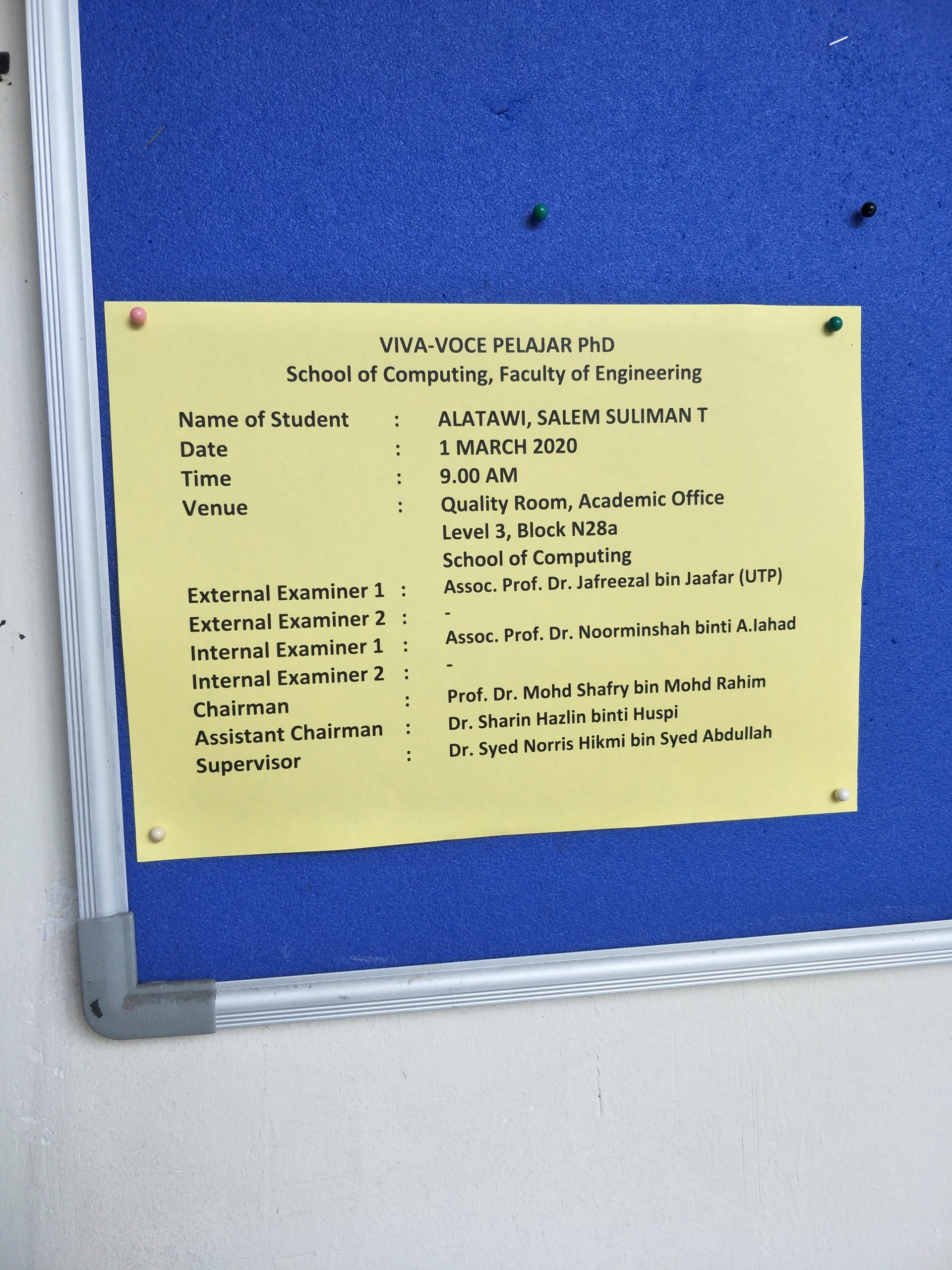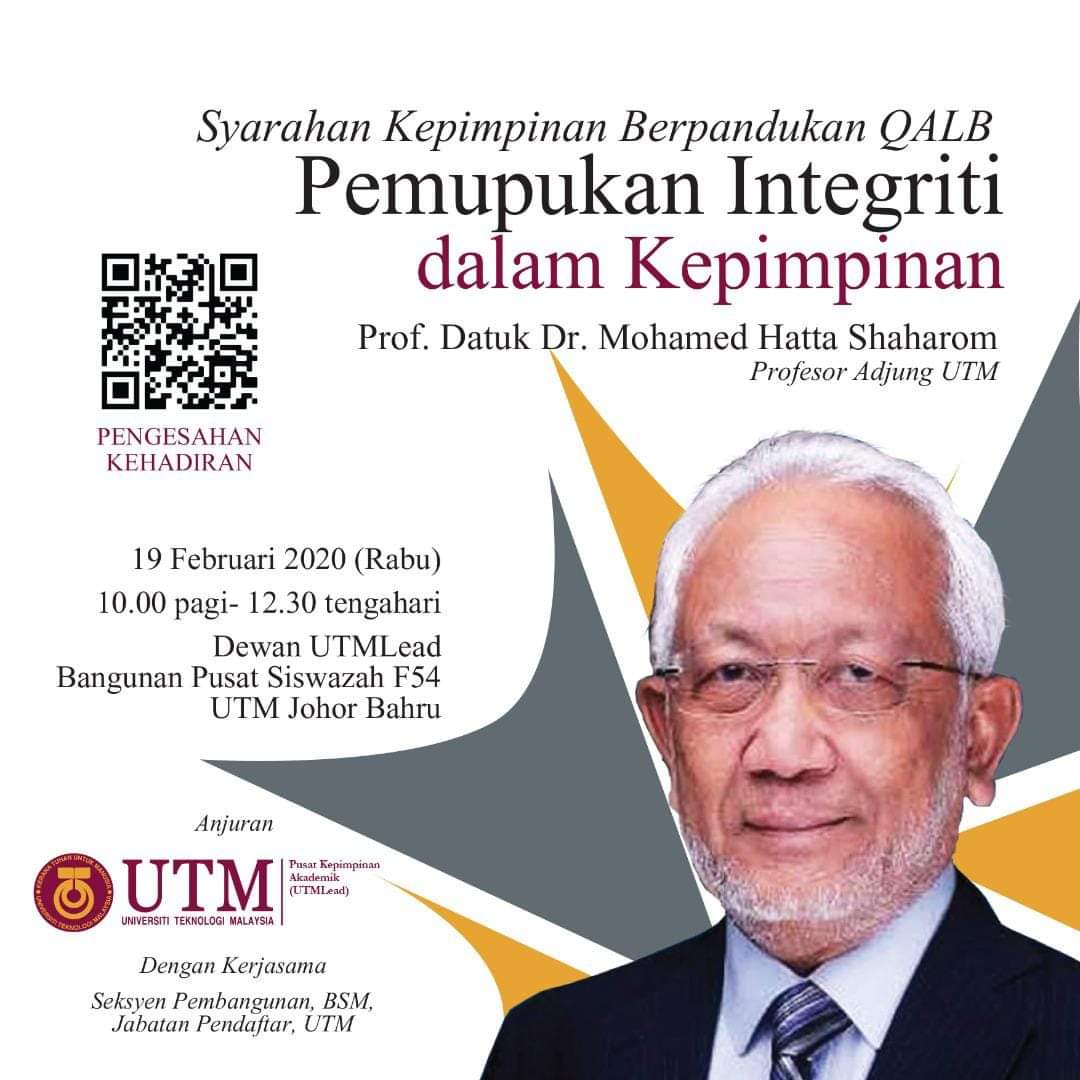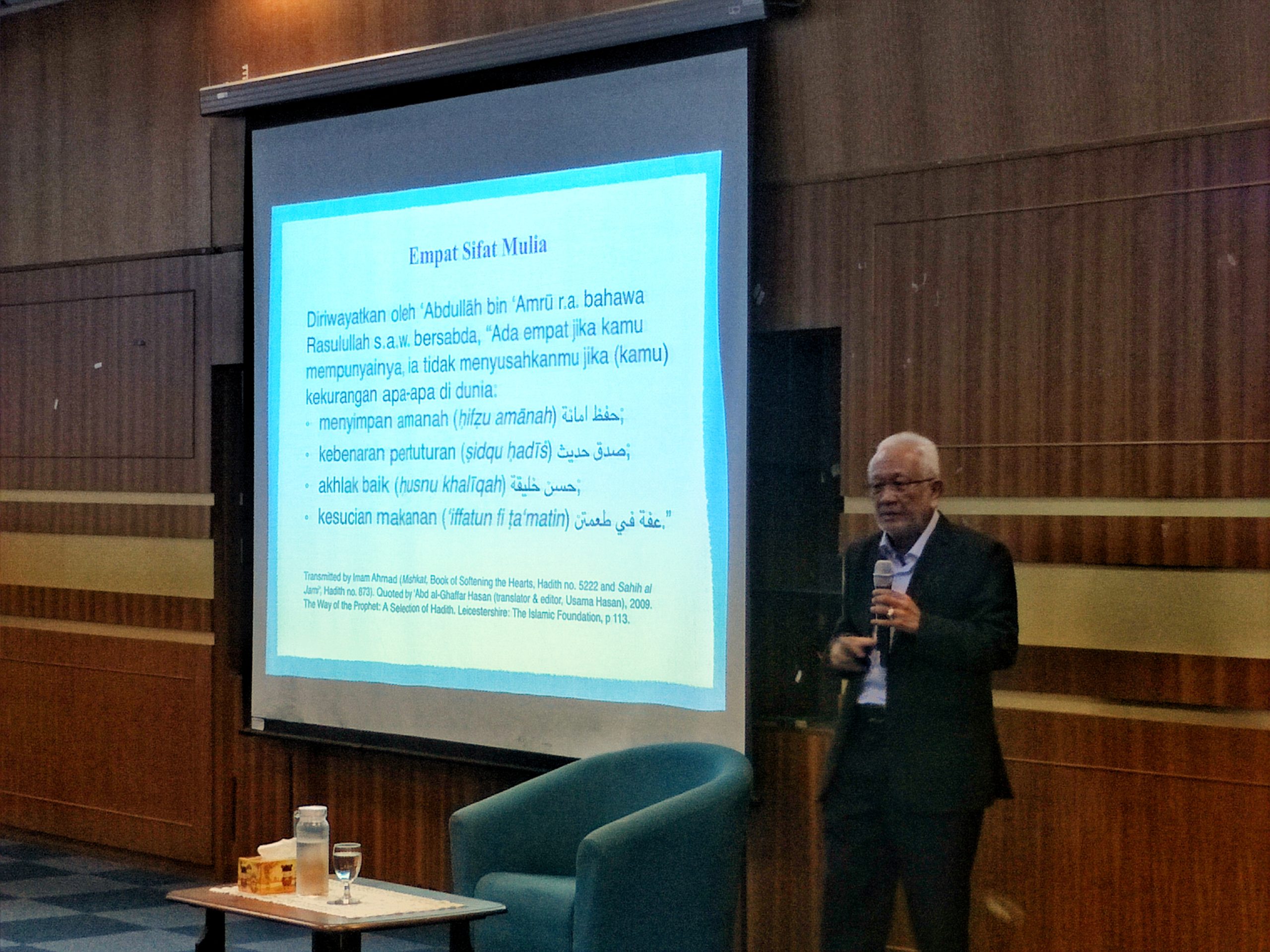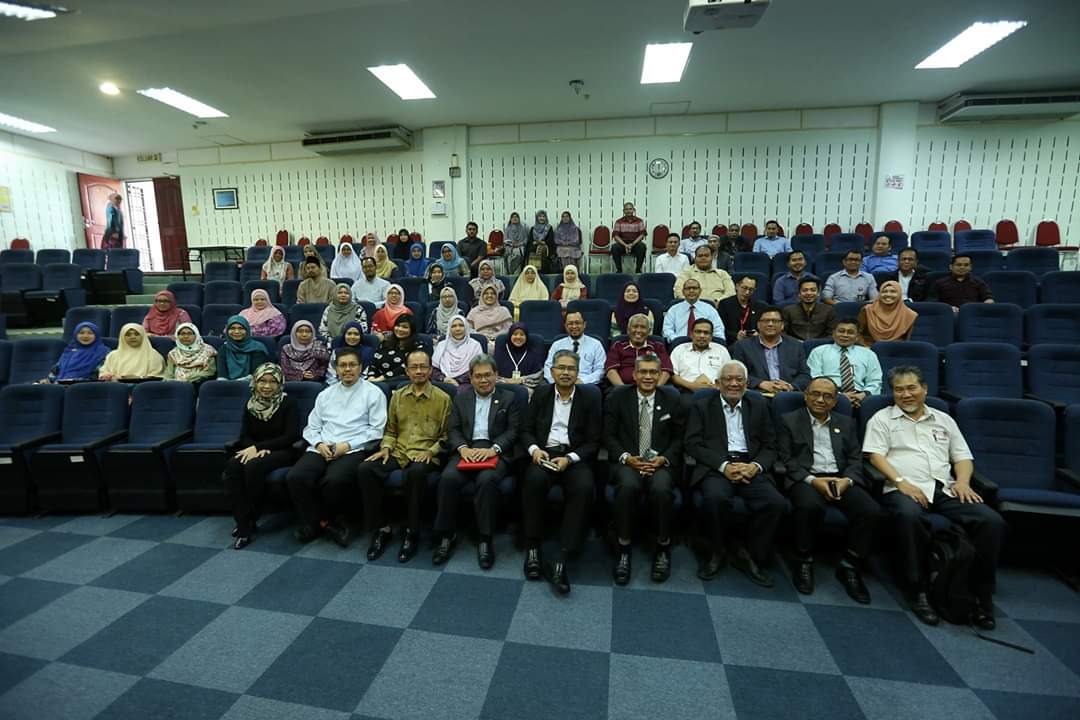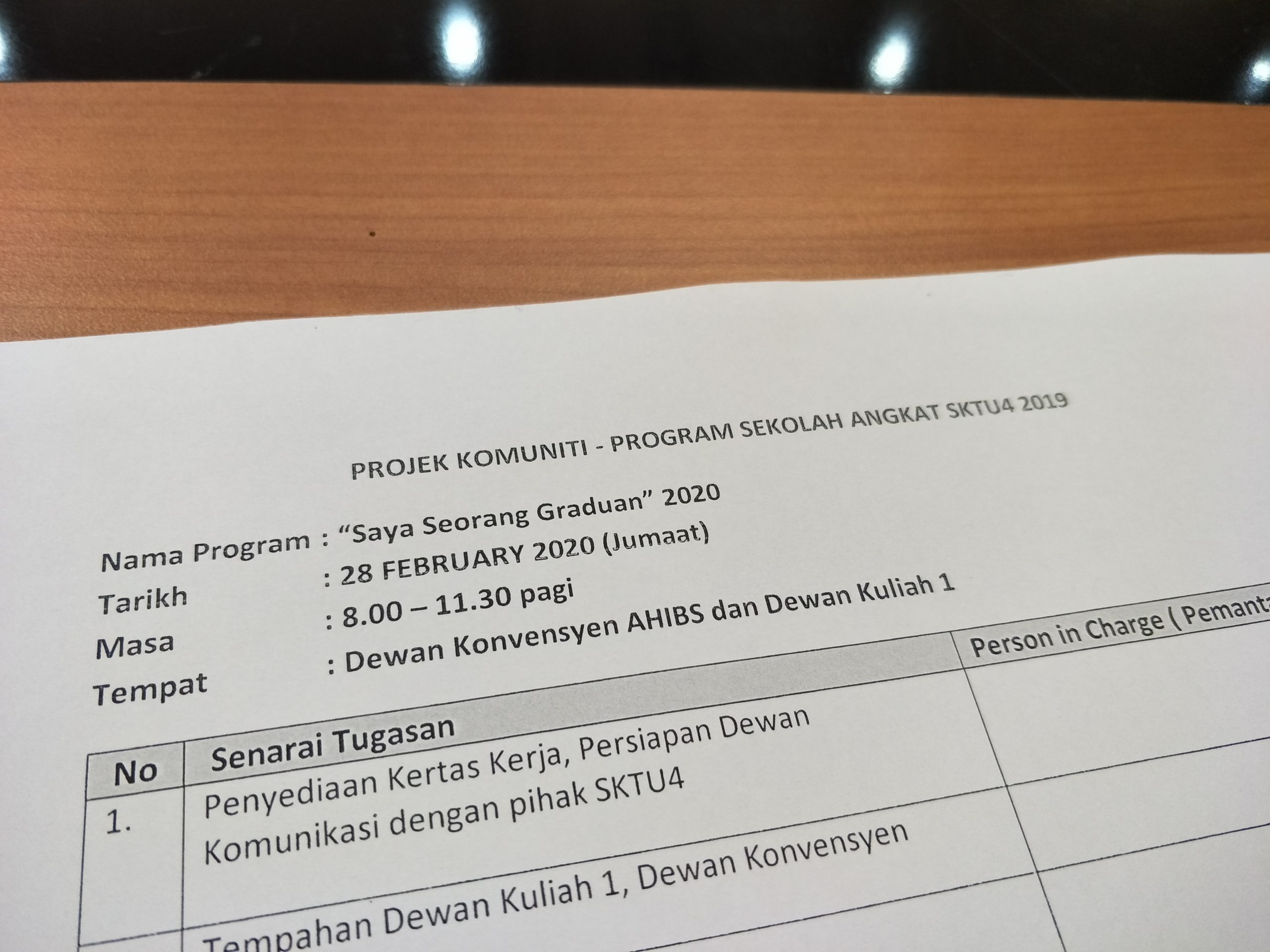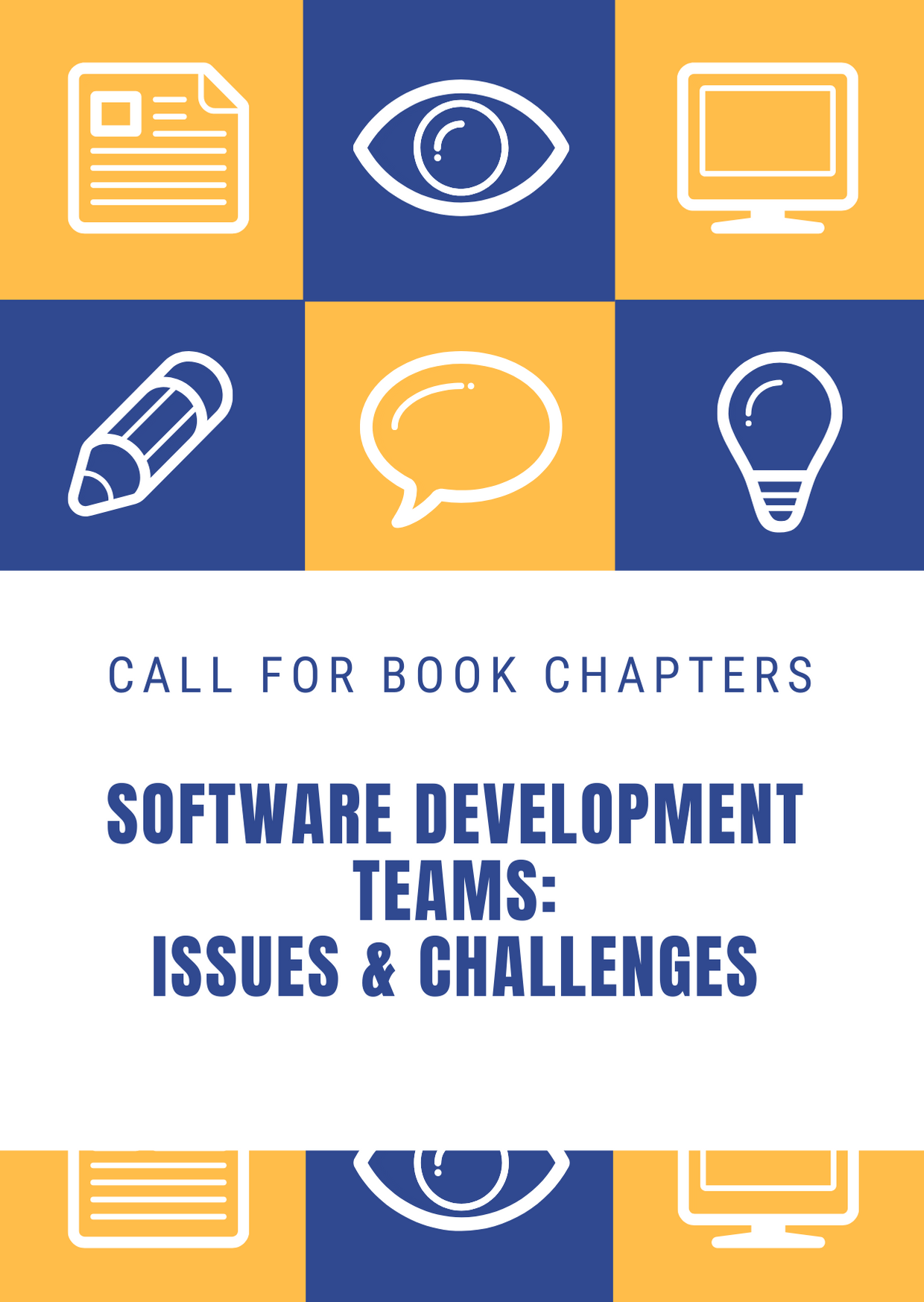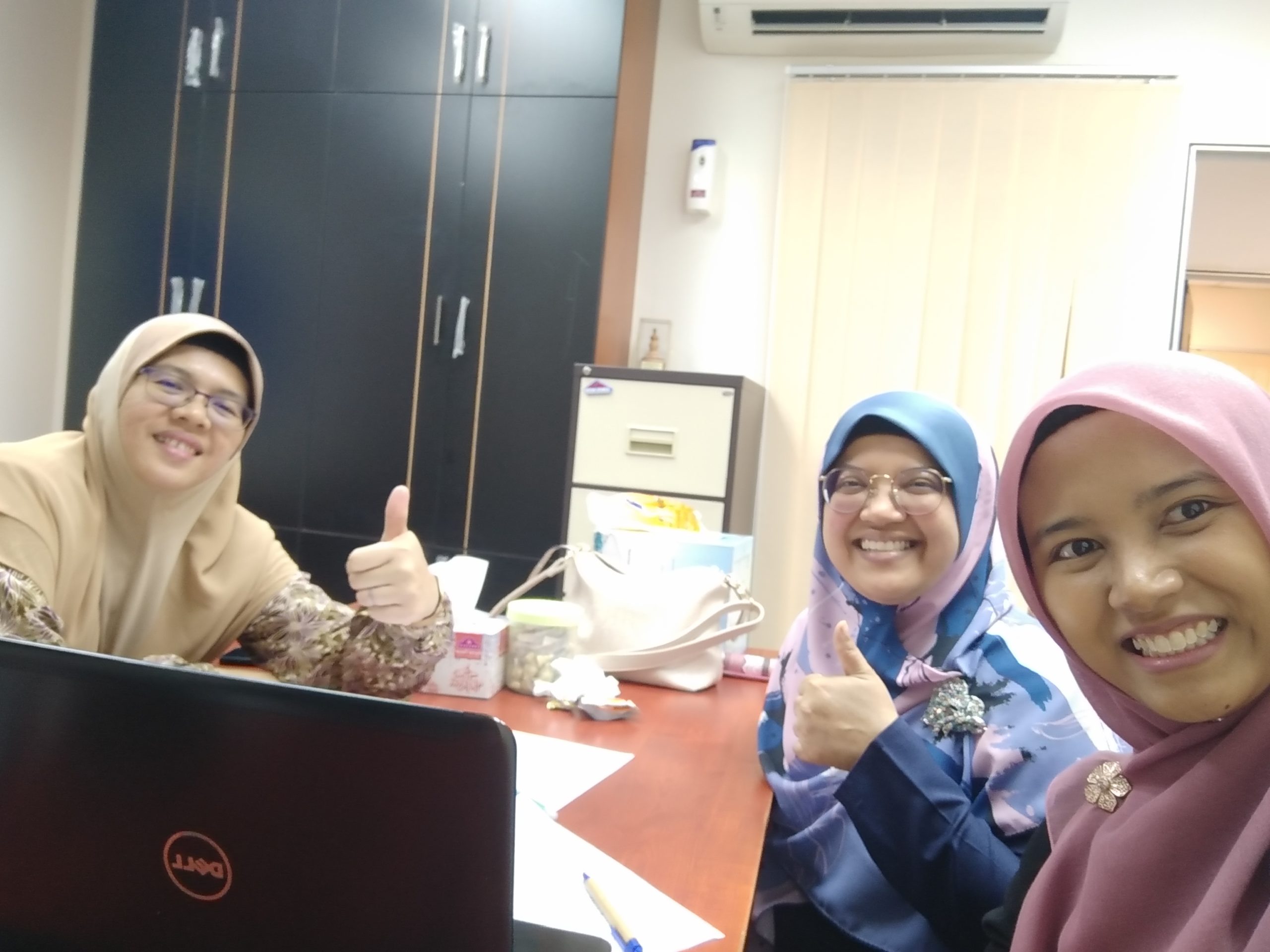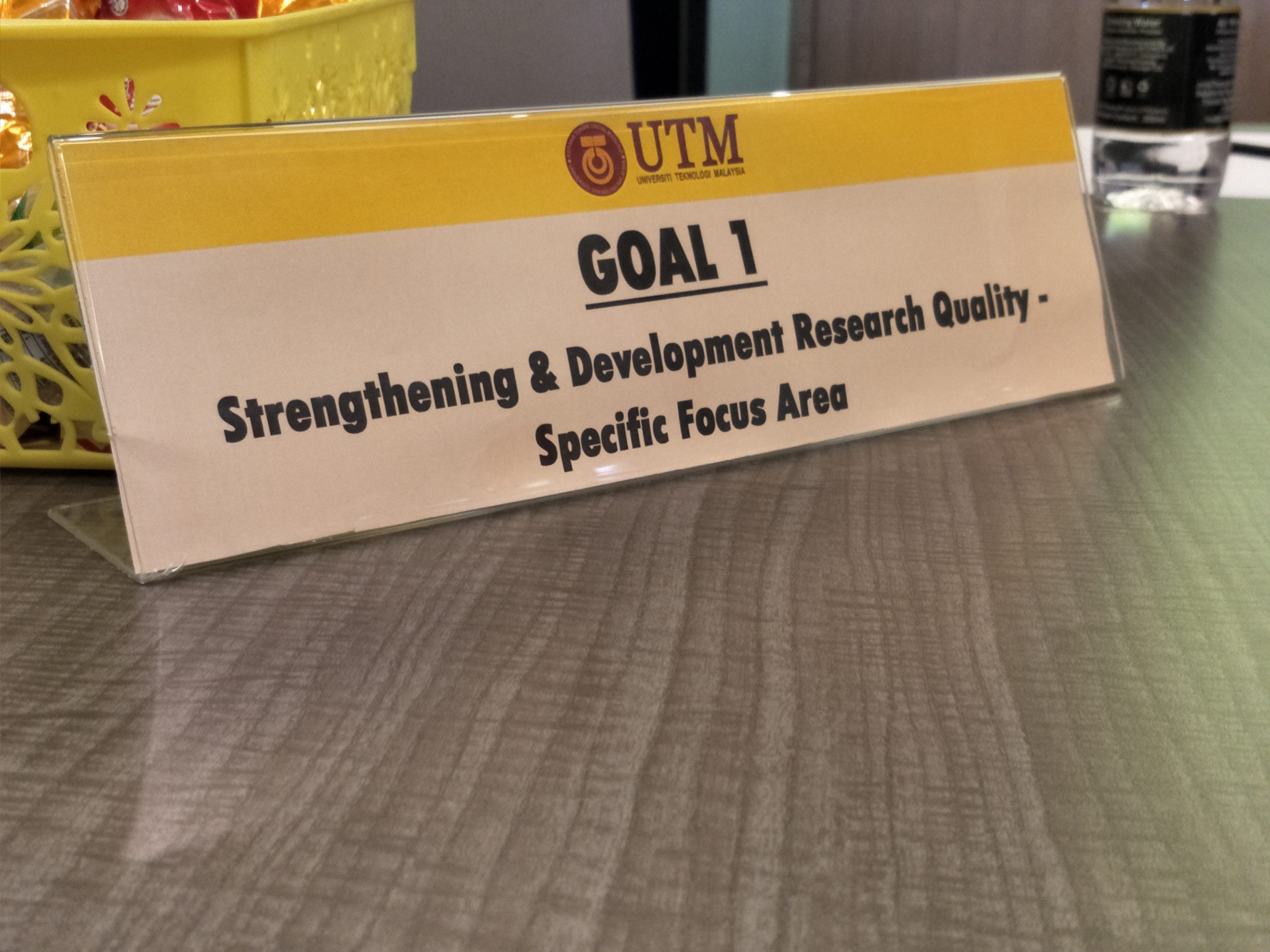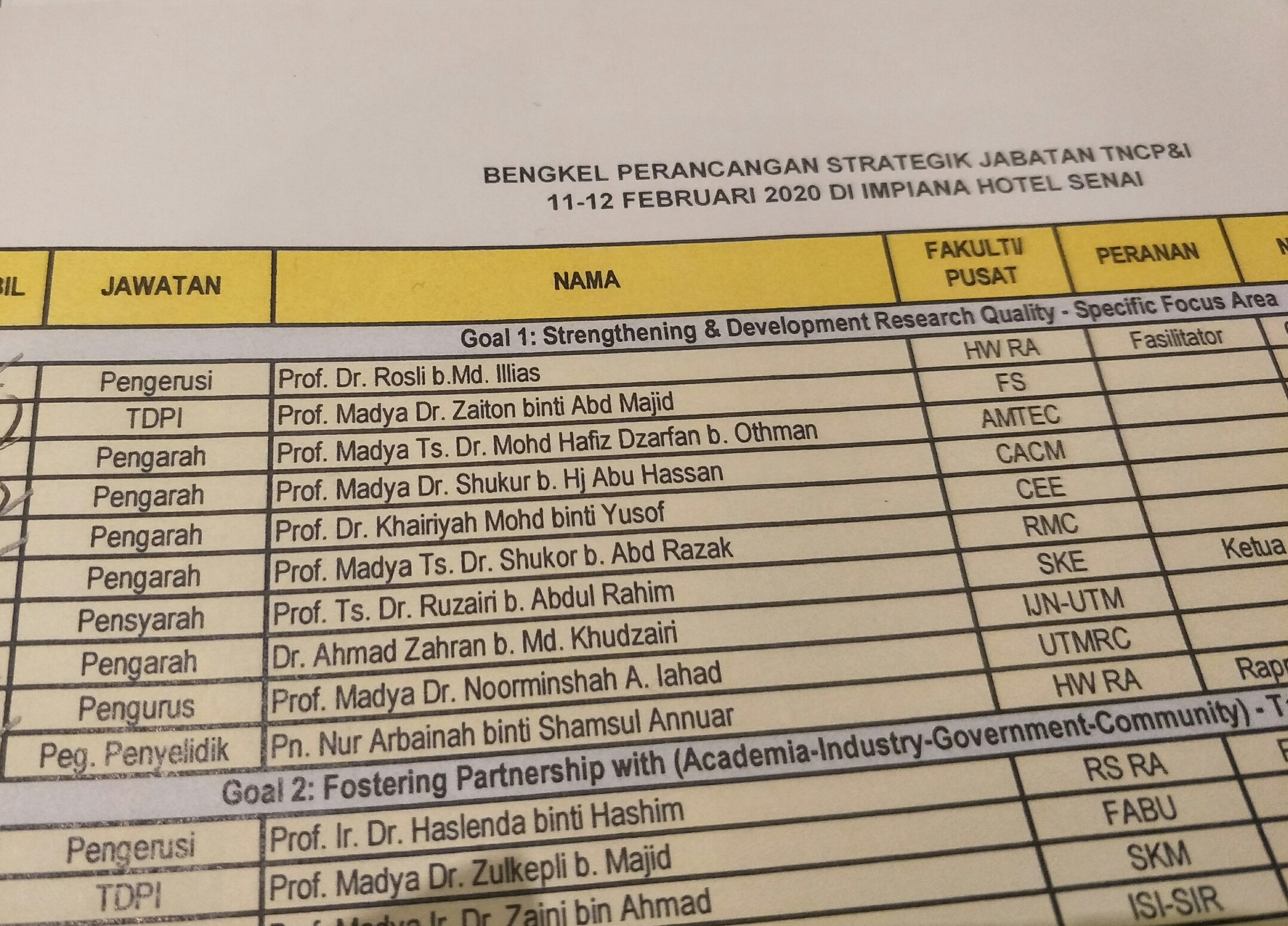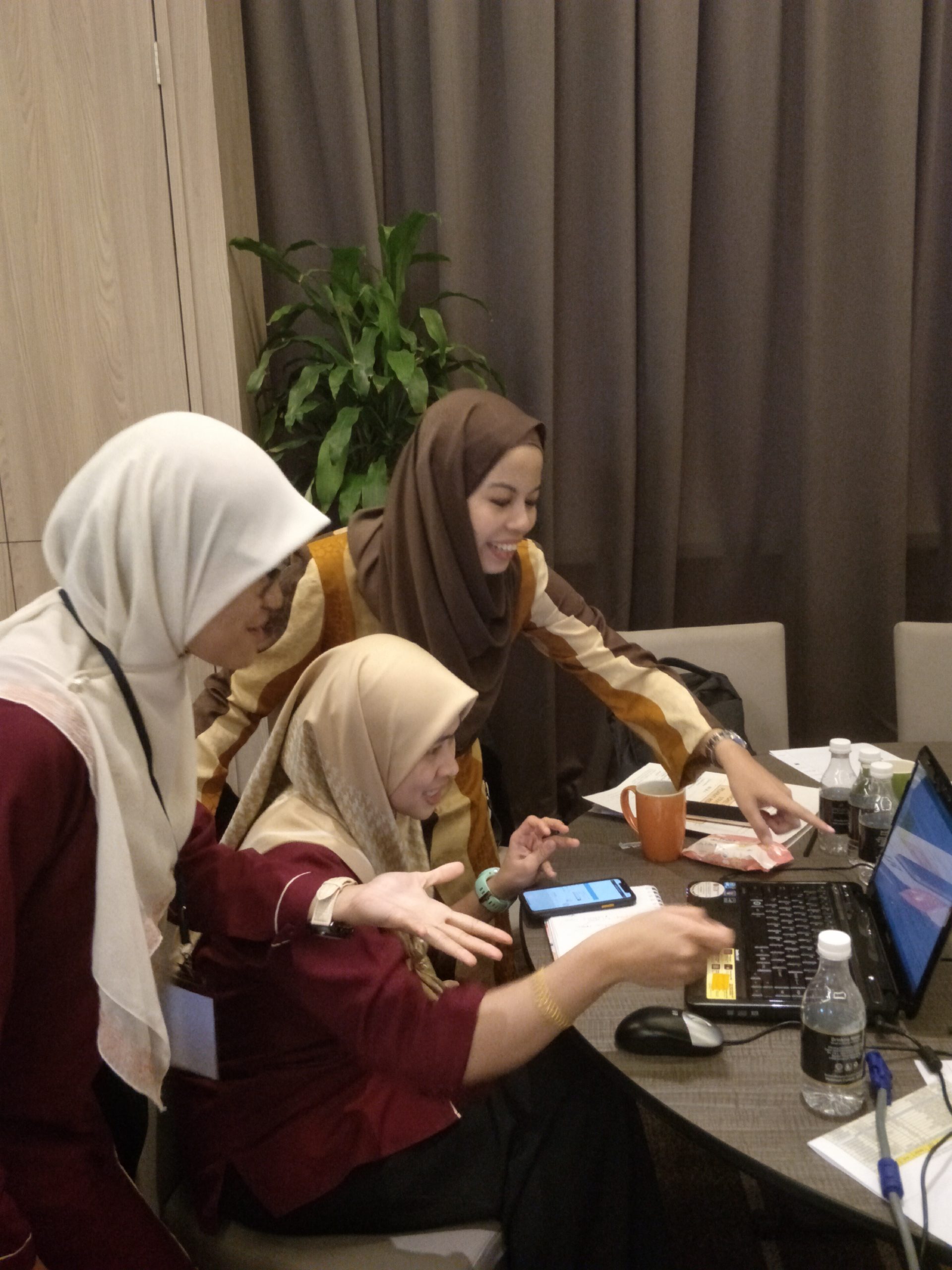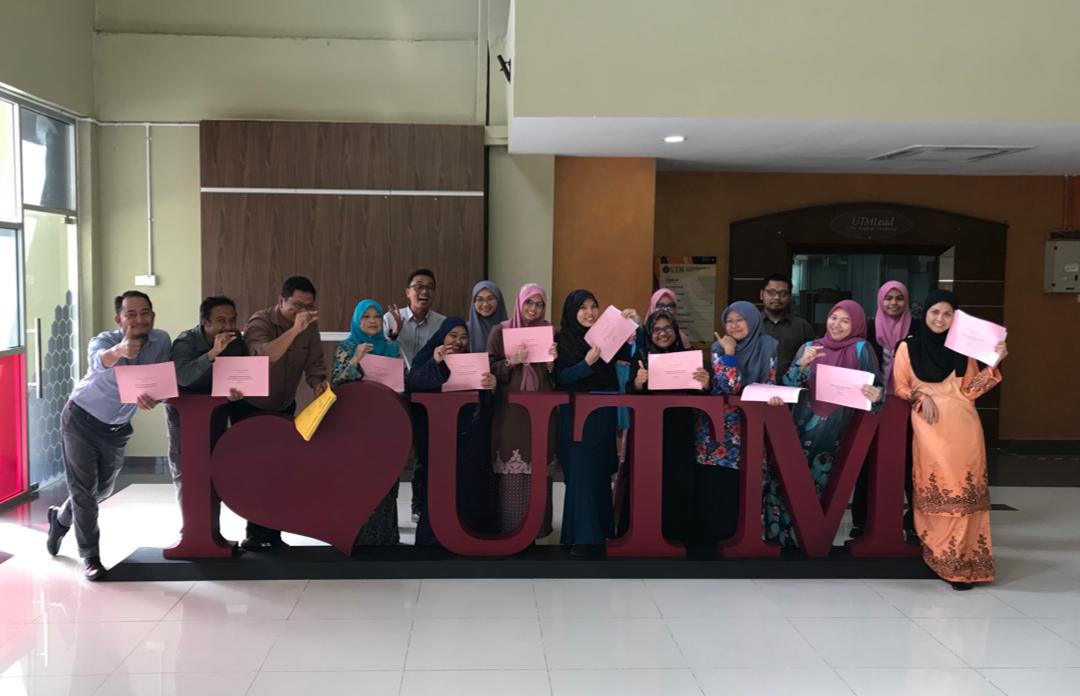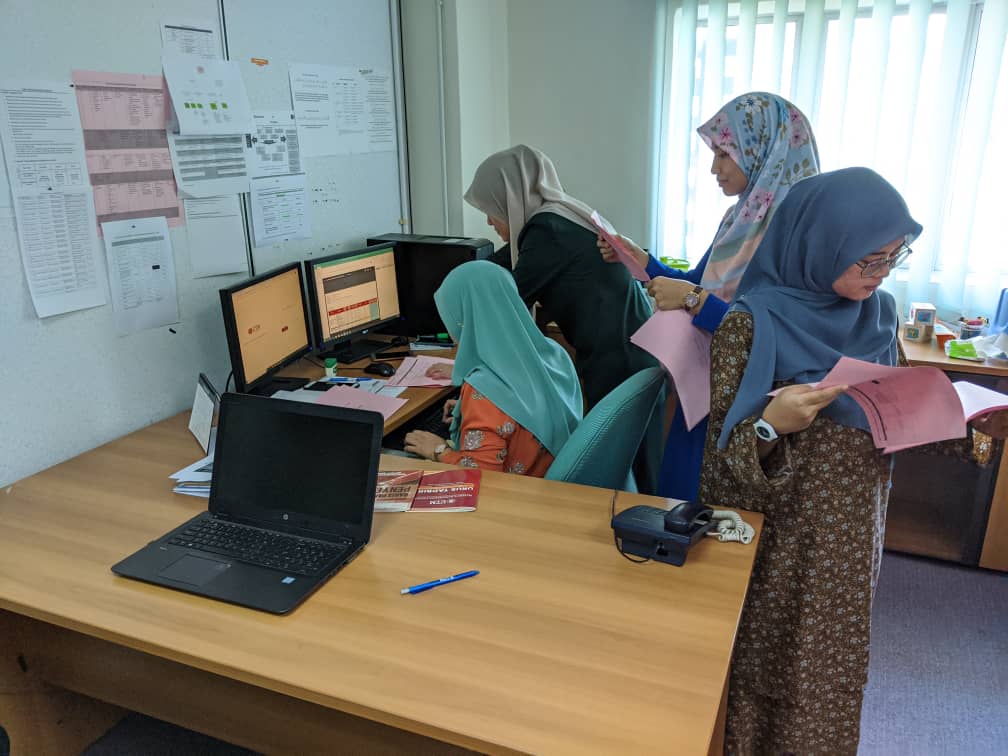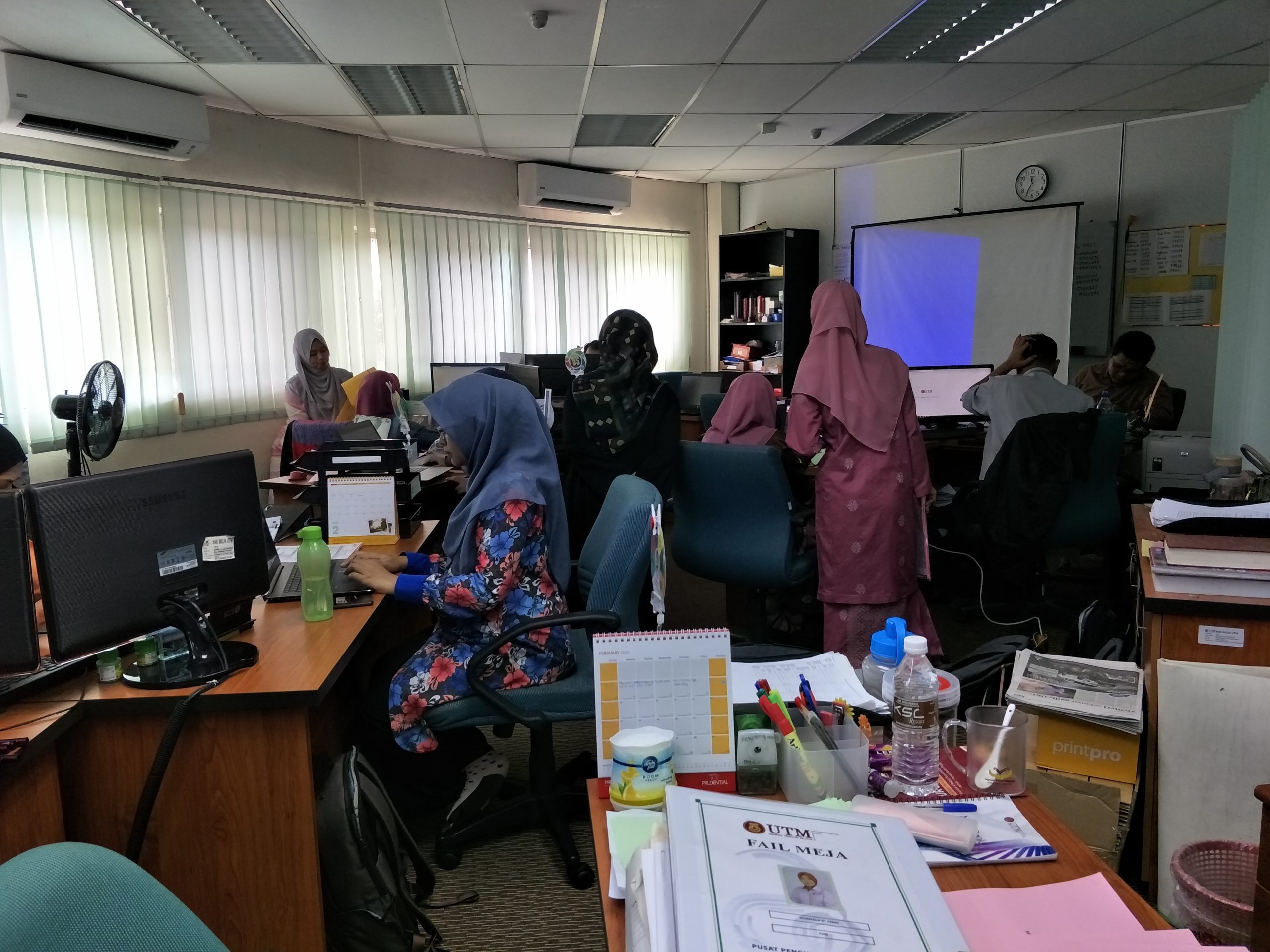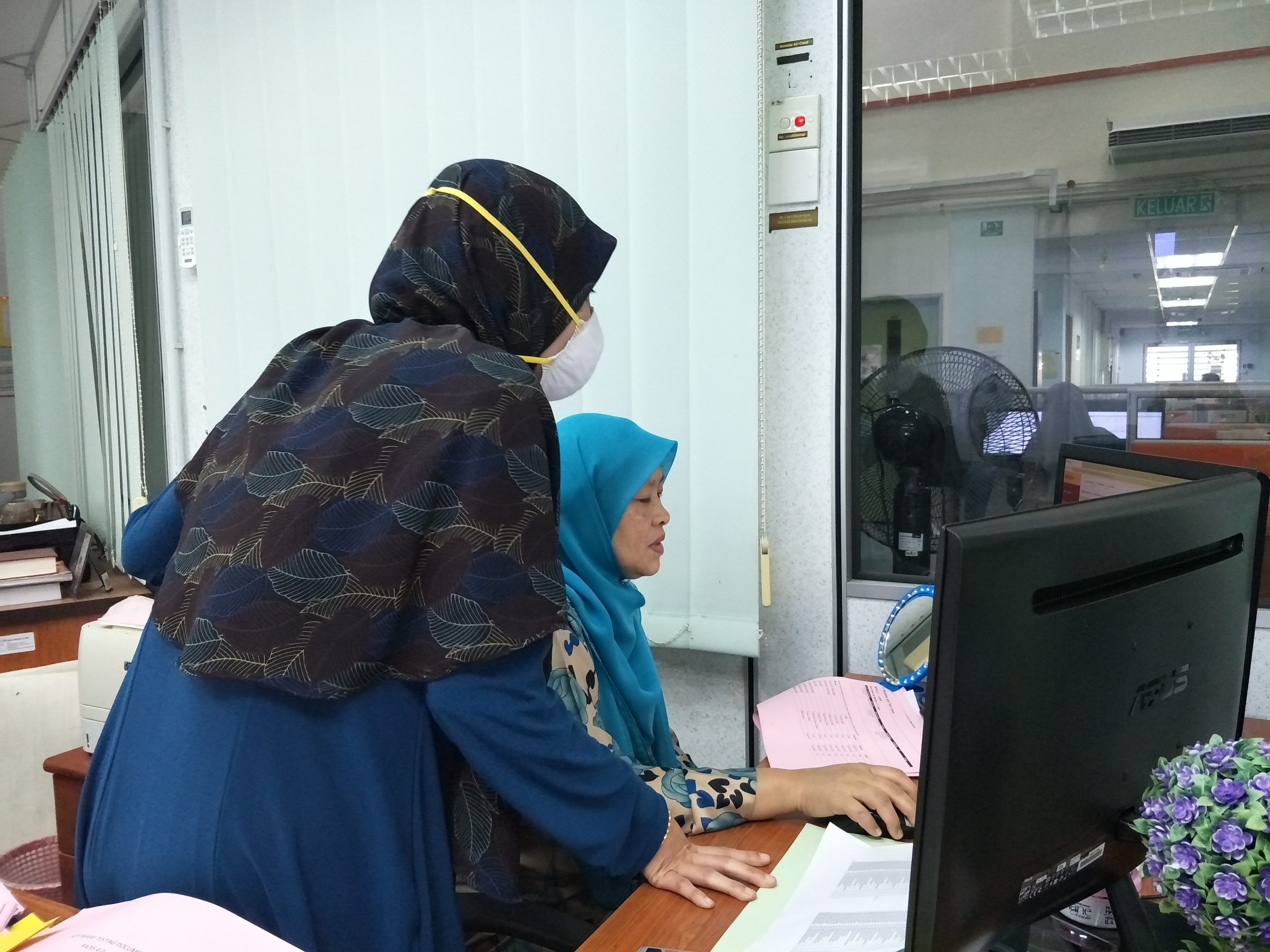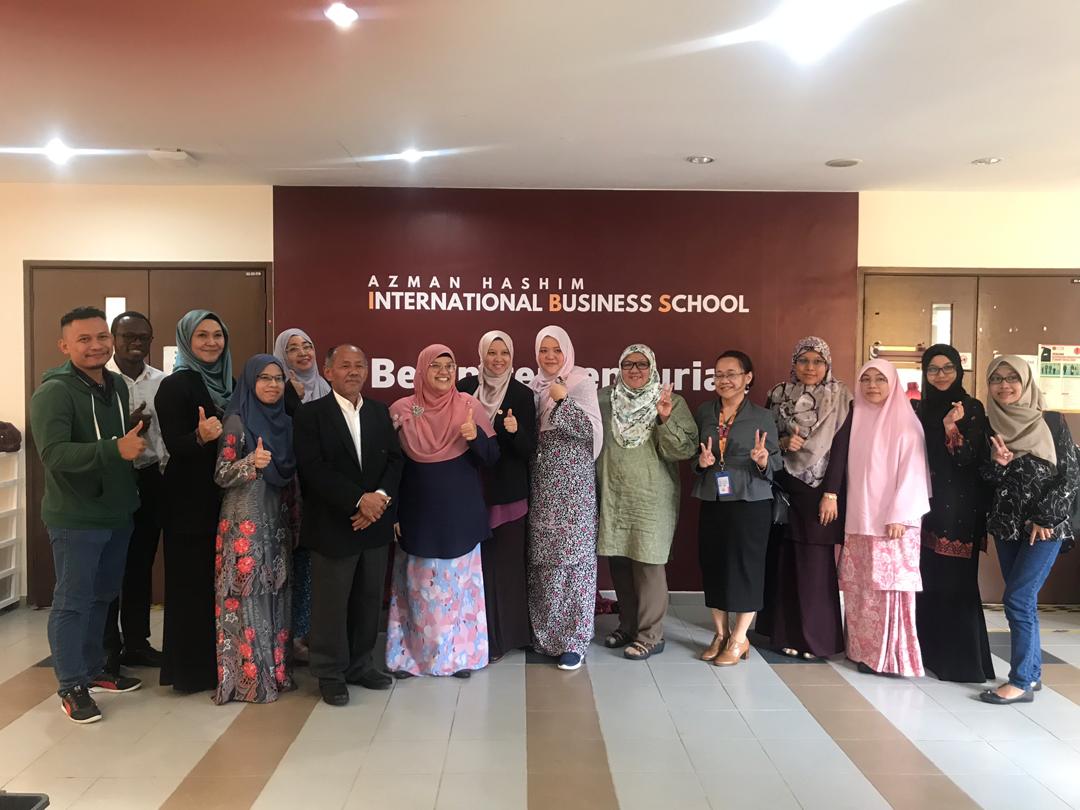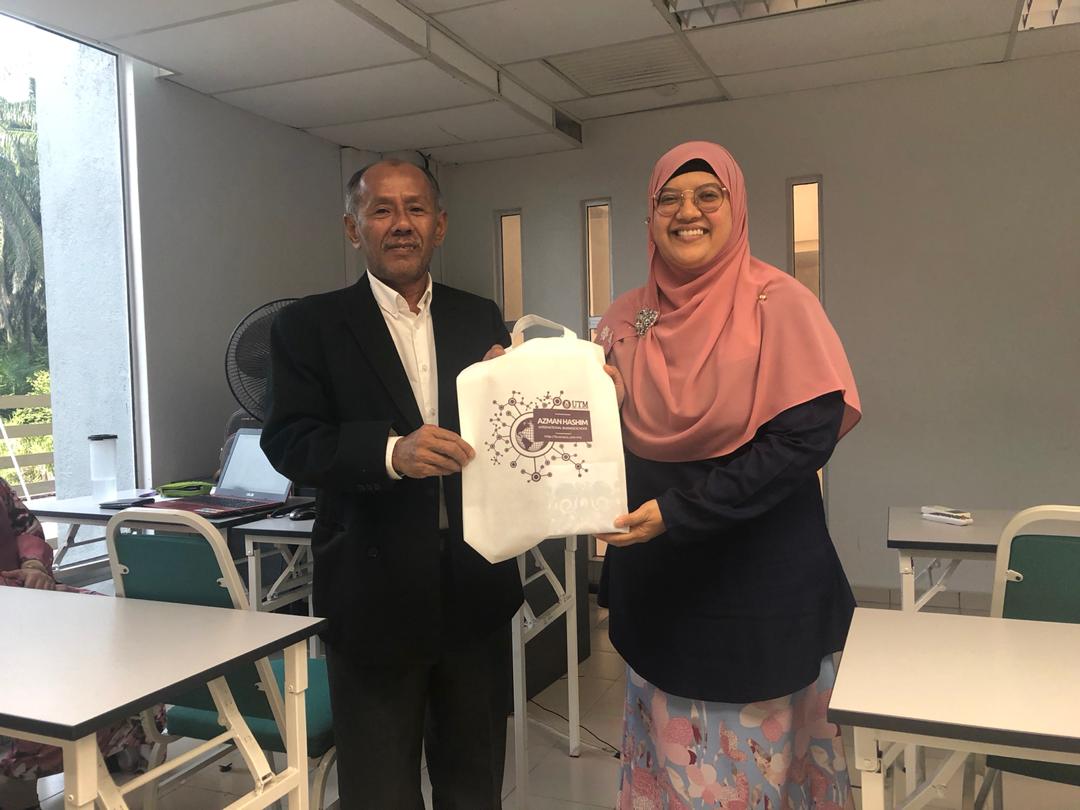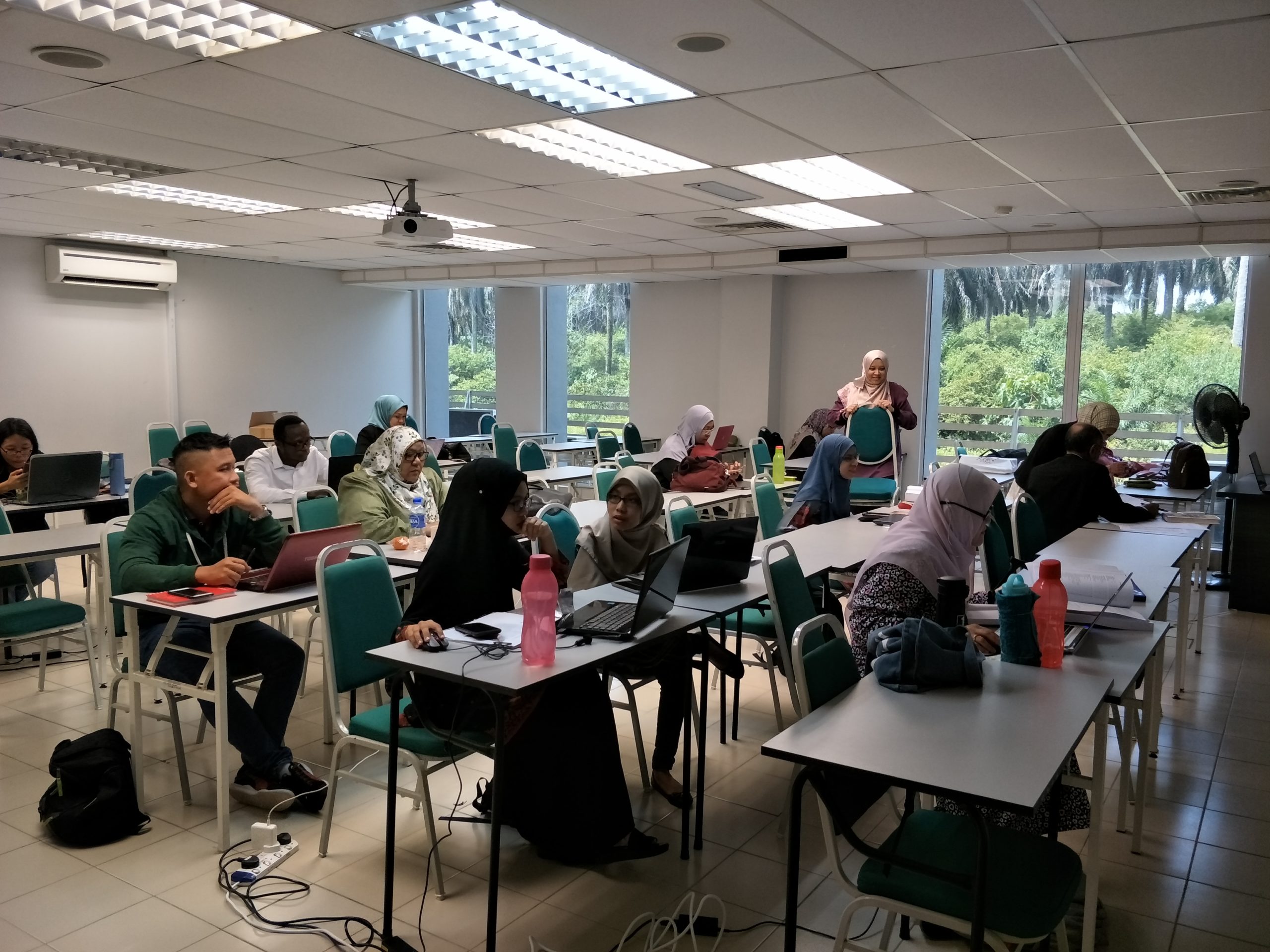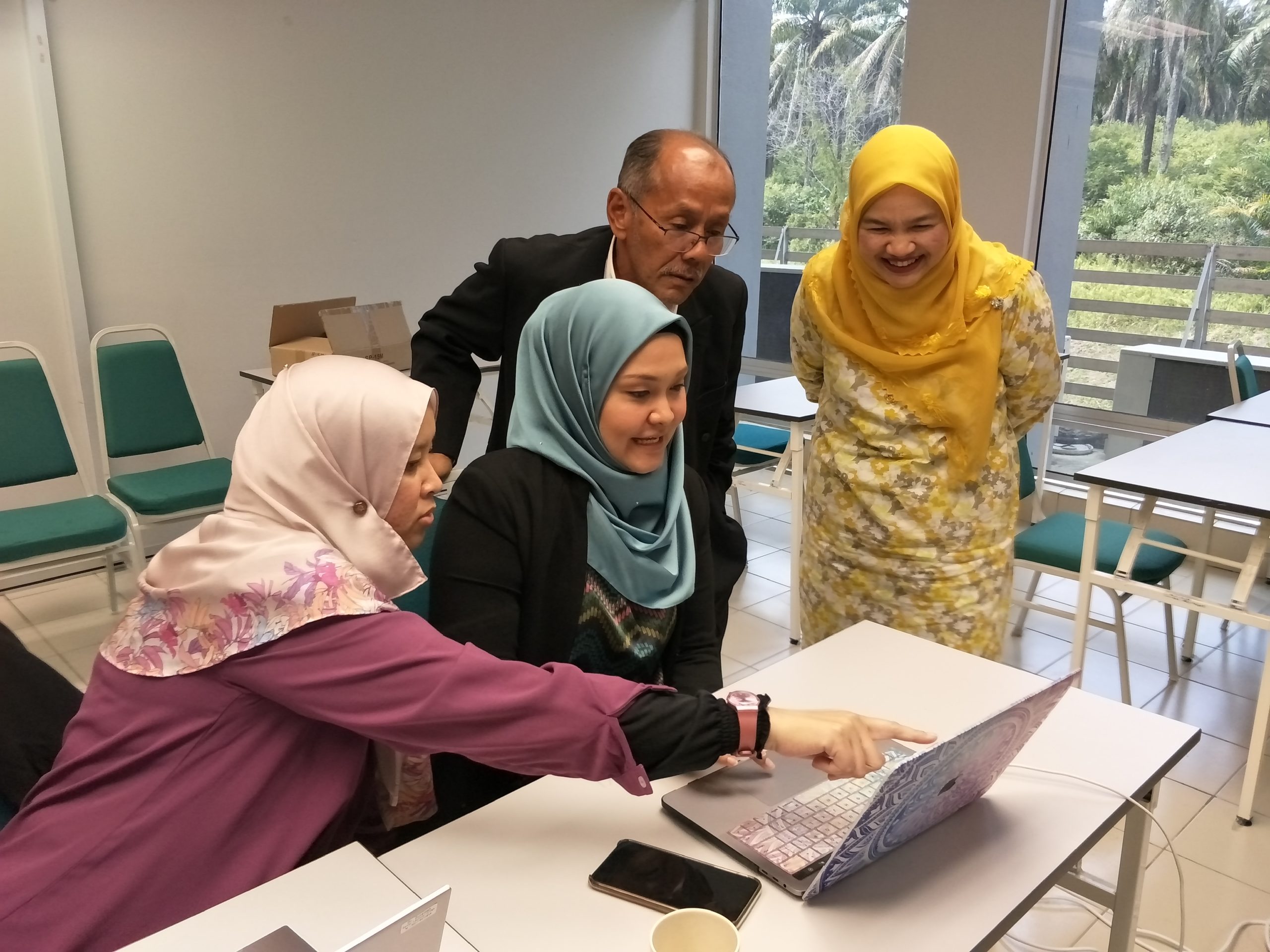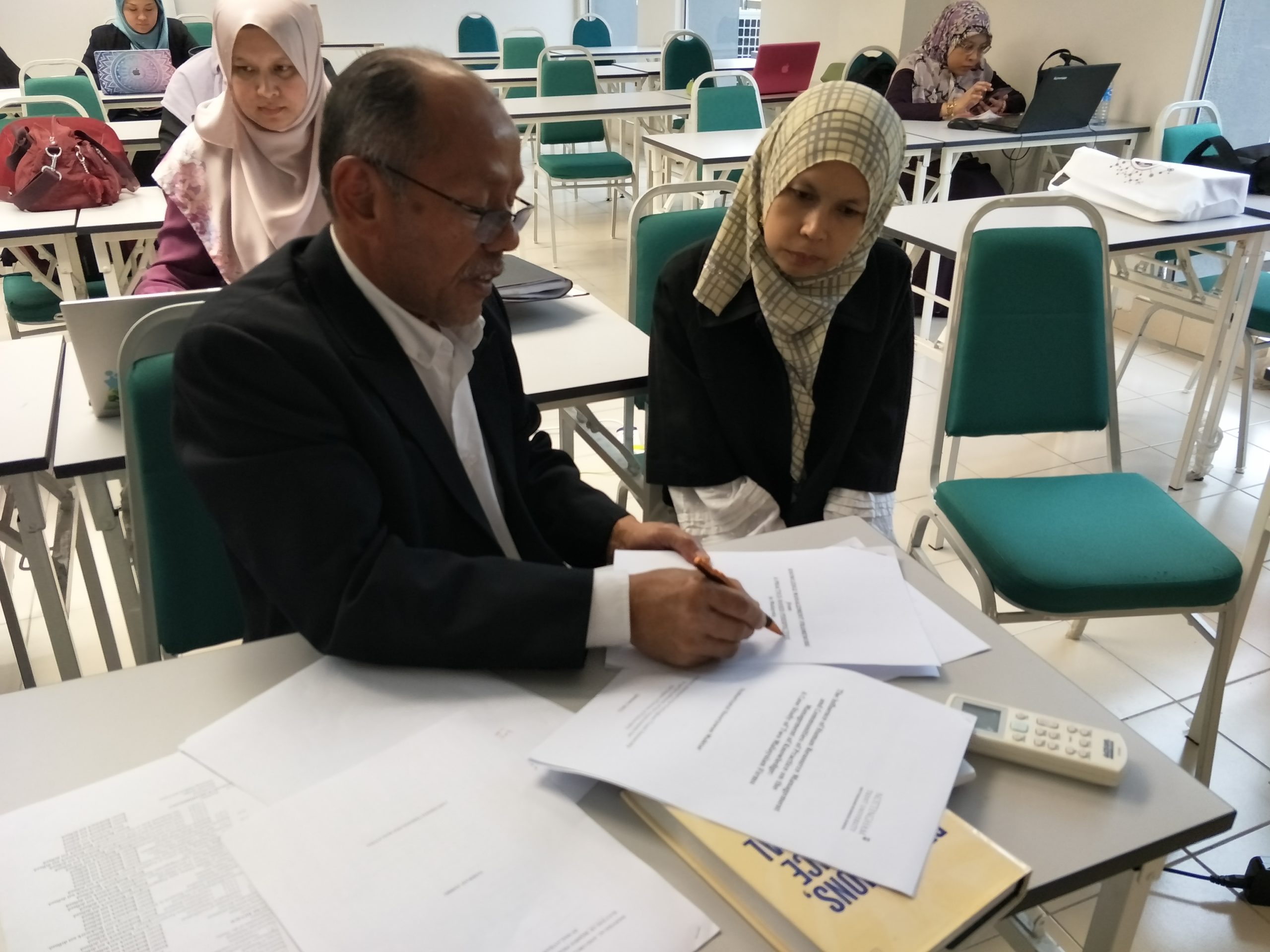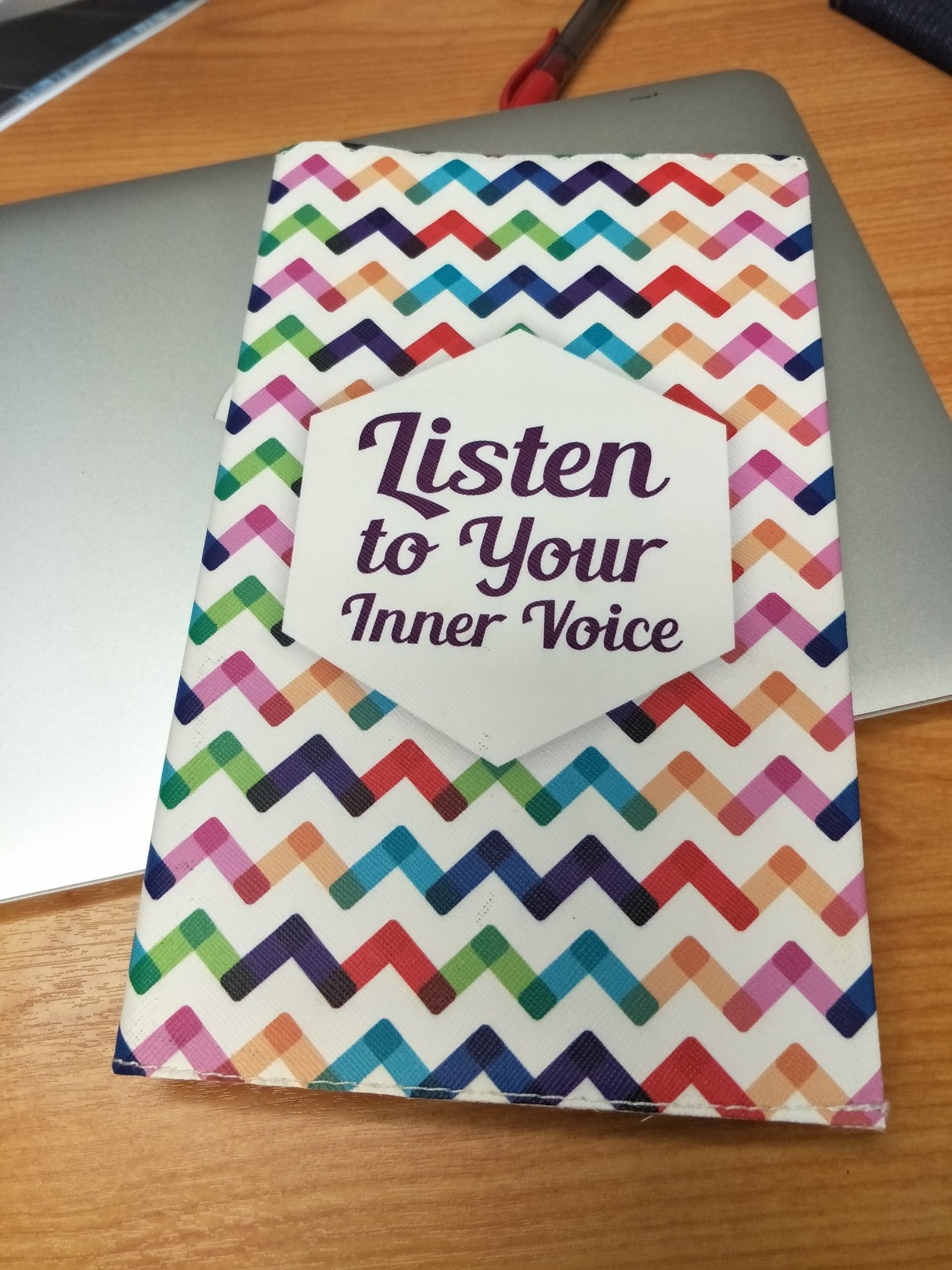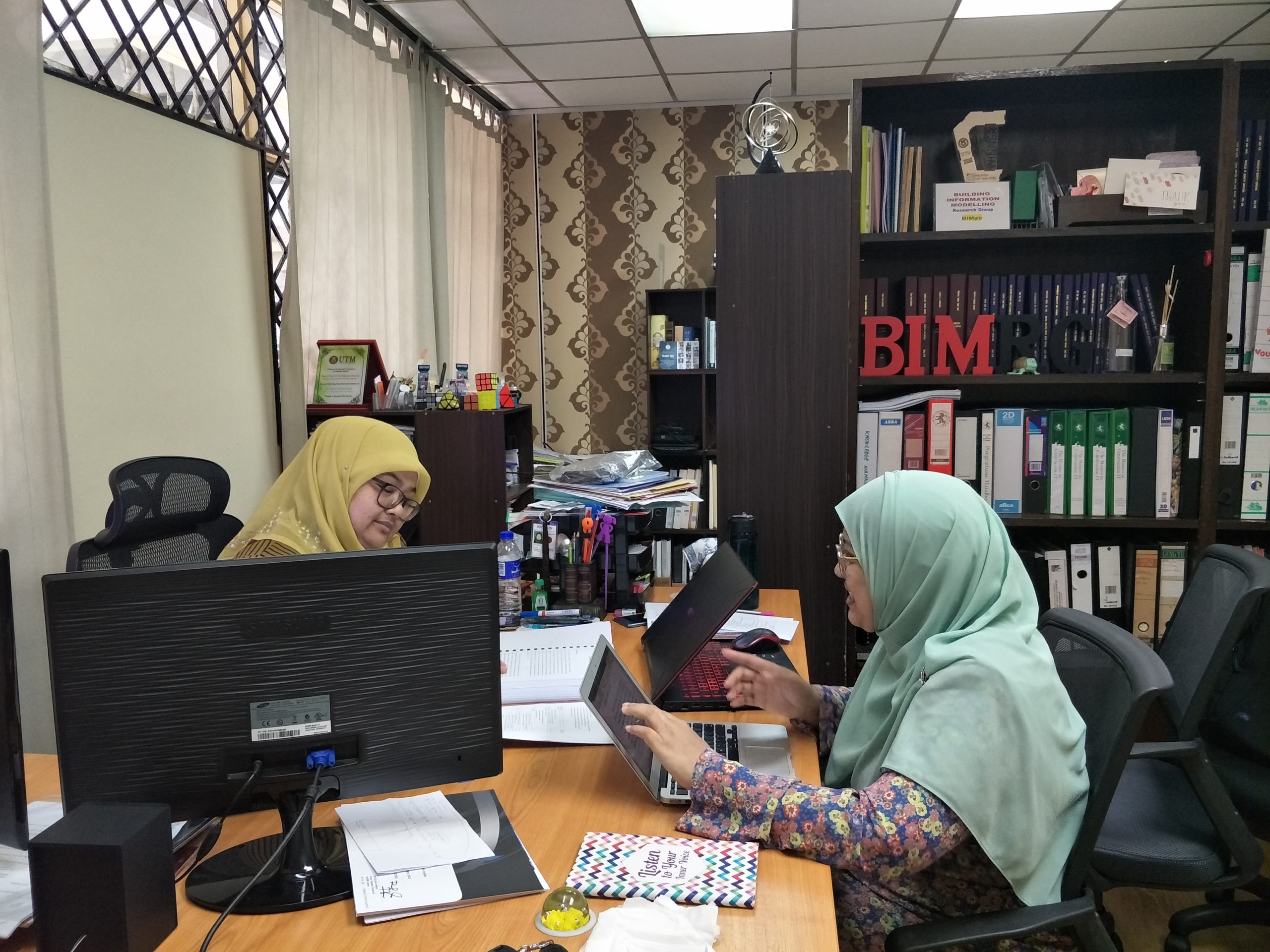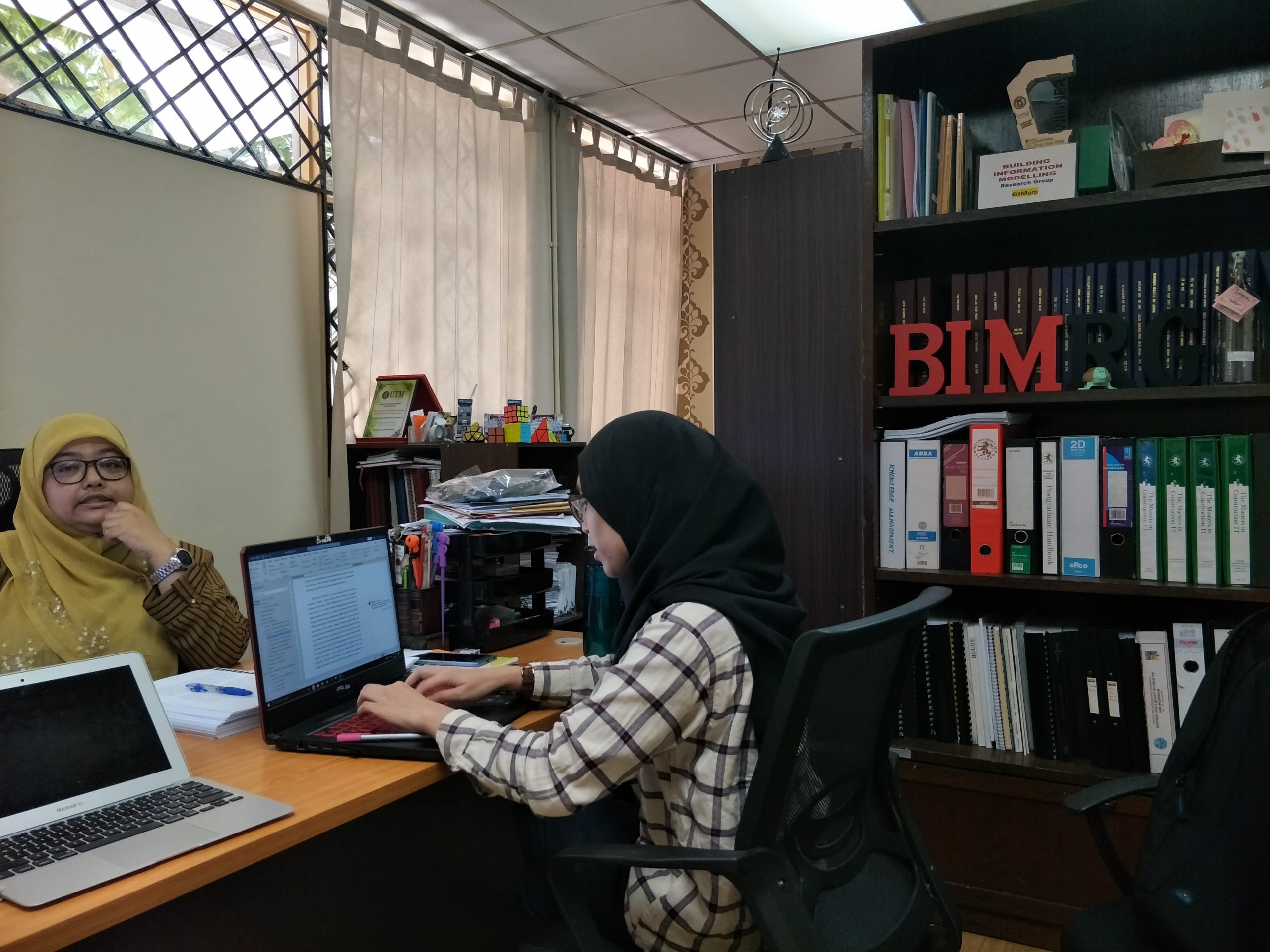Leadership Talk Series
Perancangan Projek Komuniti AHIBS
Call for Book Chapters
Editors
Assoc. Prof. Dr. Noorminshah A.Iahad
Azman Hashim International Business School,
Universiti Teknologi Malaysia
Assoc. Prof. Dr. Masitah Ghazali
School of Computing,
Universiti Teknologi Malaysia
Call for Chapters
Abstract Submission Deadline: 5 March 2020
Full Chapters Due:15 June 2020
Introduction
Researchers continue to look for ways to improve the likelihood of project success, as software development projects have the tendency to be continuously over budget and behind schedule. Software development does not just involves a complex and dynamic processes, but has multiple viewpoints from various stakeholders. In addition, roles and responsibilities of people involved in software development should be well defined and understood. Previous research has shown that team skill, managerial involvement, and little variance in team experience enable more effective team processes than do software development tools and methods. With the increasing growth of needs in using software in all aspects of life and fields, this book intends to explore issues and challenges faced by software development teams.
Objective
The main objectives of this book are:
1. To identify research issues and challenges of software development teams
2. To propose solutions for improving software development teams productivity
3. To explore methods for effective management of software development teams
Target Audience
The target audience of this book will be composed of professionals, practitioners and researchers working in the field of software development. It will also provide insights to software development project leaders as a guide in identifying issues and challenges faced by software development teams to ensure improved management of projects. This book can also serve as one of recommended reference book for students studying Software Engineering, Systems Analysis and Design, User-centered Software Development.
Recommended Topics
1) Software Development Team Success Factors
2) Challenges of Agile Software Development
3) Issues in Managing Software Development Team
4) Tools and Technologies Supporting Software Development Team
5) Software Development Team Dynamics
6) Design Processes and Activities in Software Development
7) Managing Software Development Projects
8) Role of Stakeholders in Wholeness of User Requirements
9) UI/UX Issues in Software Development Projects
10) Roles and responsibilities in a software development team
11) Other topics relevant to the objectives of the proposed book
Submission Procedure
Researchers and practitioners are invited to submit on or before 5 March 2020, an Abstract of 300-500 words clearly explaining the mission and concerns of his or her proposed chapter. Abstract should be emailed to both email addresses : minshah@utm.my and masitah @utm.my.
Authors will be notified by 15 March 2020 the status of their proposals and sent chapter guidelines. Full chapters are expected to be submitted by 15 June 2020, and all interested authors must consult the guidelines for manuscript submissions at https://penerbit.utm.my/2019/02/11/edited-book/ prior to submission.
All submitted chapters will be reviewed on a double-blind review basis. Contributors may also be requested to serve as reviewers for this project. Note: There are no submission or acceptance fees for manuscripts submitted to this book publication. All manuscripts are accepted based on a double-blind peer review editorial process.
Publisher
This book is scheduled to be published by UTM Press. This publication is anticipated to be released in 2020.
Important Dates
-5 March 2020: Abstract Submission Deadline
-15 March 2020: Notification of Acceptance
-1 May 2020: Full Chapter Submission
-1 June 2020: Review Results Returned
-15 June 2020: Revised Chapters Due Back From Authors and Final Chapter Submission
Inquiries
Assoc. Prof. Dr Noorminshah A.Iahad
minshah@utm.my
Assoc. Prof. Dr Masitah Ghazali
masitah@utm.my
Let’s Gamify!
Shahdatunnaim, my very first student who is doing research on the topic – Gamification applying Design Science research methodology. Dr Norasnita is her co-Supervisor.
Alhamdulillah, she defended her proposal with no corrections. But, the data collection and data analysis is not that friendly to her hehehe.
I expected that. Data collection method is through interviews. The time to meet and interview experts from various universities takes months. Then, the time to analyze data takes months, then the time to digest and interpret data too takes months!
I always remind her:
“Shahda, its ok. I am sure your PhD will be a good one, fruitful although you took a longer time.”
“Dr, mula² saya memang blur bila analyse data tu. Tapi bila saya dah jumpa IBU dia, haa baru faham and baru lah laju”.
That was her explanation to us on how she found the LIGHT to report her findings.
She explained to us the difficulties that she faced while analysing and interpreting data. After a long exploration of the data, finally, YES! I FOUND THE MOTHER! 😆
This student of us is always cheerful! Always positive.
GOT? Yes of course I love my students to GOT. But as a supervisor, a coach, a facilitator, most important is we must understand our student’s capabilities. Learning should be personalised.
Adult learning is different. Adults have more than PhD to think of especially female students. They have other commitments too. Most important is to hold their hands ‘virtually’ to ensure that they never give up!
Few more major steps for her to go through. Inshaa ALLAH, may ALLAH ease her journey. She is one of those lucky ones who was supported by MyBrain funding from the Ministry of Education. Yes, inshaa ALLAH, we will make sure that the research is an excellent one.
“Bukan biashe biashe”
ALLAHU AKBAR!
Bengkel Perancangan Strategik Jabatan TNCPI
User Centered Design: Final UAT for RADIS Financial Module
Thesis to Book Publication Workshop
PhD Thesis Semi Final Checking :)
ICE System User Requirements Meeting with CCIN
I was supposed to attend the very last part of the Data Analysis and Visualization using Excel conducted at Azman Hashim International Business School but, this coincides with a meeting on capturing User Requirements for the Industry and Community Engagement Information Systems (ICES – Name is yet to be finalized).
Since UTM has intensively encourage Academia-Industry and Academia-Community linkages, so many efforts have been taken to build up the linkages. With this, guess what? Growth of data scattered across various units in UTM and the need for organised data management, analysis and analytics needs are on the rise.
Capturing user requirements is not as easy as seen on Systems Analysis and Design books 😆😅. It is actually a science and also an art if doing things. It is actually complex especially when it involves various parties/units and also various data sources and systems.
Our Research Officers not only do research on the business processes involved for managing these industrial and community linkages, but also act as the systems analyst.
Along our way in developing 3 major systems for units under the Deputy Vice Chancellor (Research and Innovation) office, we learnt that it is a big challenge to translate the requirements of users. Having users with some ICT background helps a lot to speed up the requirements capture process. In addition, usage of tools such as Balsamiq for the initial interface design helps to speed up the confirmation and revision of the needed requirements.
We will kick off this project in February for Phase 1 of the ICES which we plan to complete by end of June, inshaa Allah.
